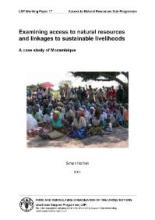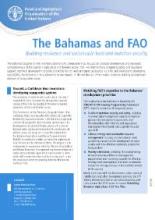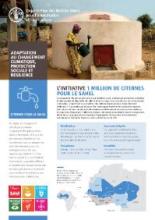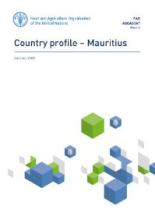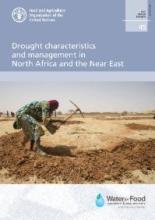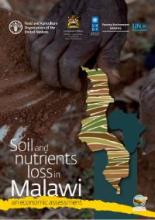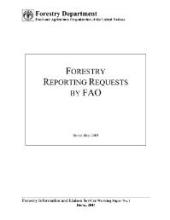/ library resources
Showing items 6319 through 6327 of 73534.Since the adoption of a new Constitution in 1990 and the signing of the peace accord in 1992, Mozambique has witnessed a period of rapid regulatory change in respect to the rules that govern the ownership and rights of use of a range of natural resources.
This paper addresses the application of sustainable livelihood approaches to access to land and land administration in post-conflict situations.
The Bahamas became an FAO member state in 1975.
Au Sahel, le changement climatique accentue l’irrégularité des pluies et les chocs climatiques, tels que les sécheresses répétées et les inondations. Les conséquences sont désastreuses pour les ménages ruraux les plus pauvres, qui peinent à y faire face et voient leur vulnérabilité s’accentuer.
The paper examines ways in which the poor can use small amounts of land to establish homegardens to advance important livelihood objectives.
This country profile describes the state of the water resources and water use, as well as the state of agricultural water management in Mauritius.
The report assesses the occurrence and impacts of drought, the current policies underlying drought management as well as the mitigation measures and responses adopted in the Near East and North Africa region, with a focus on the Agriculture Sector.
Soil loss is a major threat to agricultural development in Malawi, and the size of the agricultural sector in the Malawian economy renders it a major limitation to the overall economic development of the country.
Given its wide scope on the work on forests, FAO requests information from its member countries in many different ways, using various reporting formats and questionnaires.
Paginering
Land Library Search
Through our robust search engine, you can search for any item of the over 64,800 highly curated resources in the Land Library.
If you would like to find an overview of what is possible, feel free to peruse the Search Guide.

